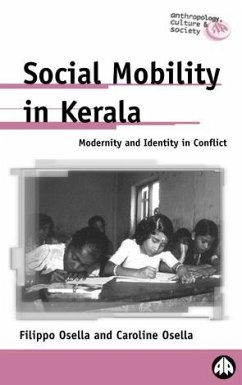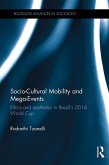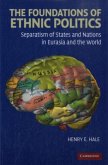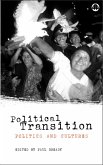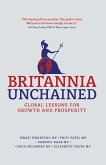The Izhavas are an ex-untouchable community in the southern Indian state of Kerala. Politically and economically weak, stigmatised as 'toddy tappers' and 'devil dancers', and considered unapproachable by clean caste Hindus, a century ago Izhavas were associated with other manual-labouring untouchable castes. In recent decades they have sought to improve their position by accumulating economic, symbolic and cultural capital through employment, religion, politics, migration, marriage, education and have tried to assert their right to mobility, often in the face of opposition from their high status Christian and Nayar neighbours.
This study examines how Izhavas, through repudiation of their nineteenth-century identity and search for mobility, have come into complex relationships with modernity, colonialism and globalisation. Filippo Osella and Caroline Osella highlight the complexities and contradictions of modern identity, both locally and globally. The authors' approach builds upon and goes beyond a south Asian focus, showing how the Izhavas represent the rise of formerly stigmatised groups who remain at the same time trapped by stereotype and material disadvantage. Absolute mobility, they argue, has not led to relative mobility within a society which remains stratified and prone to new forms of social exclusion.
This study examines how Izhavas, through repudiation of their nineteenth-century identity and search for mobility, have come into complex relationships with modernity, colonialism and globalisation. Filippo Osella and Caroline Osella highlight the complexities and contradictions of modern identity, both locally and globally. The authors' approach builds upon and goes beyond a south Asian focus, showing how the Izhavas represent the rise of formerly stigmatised groups who remain at the same time trapped by stereotype and material disadvantage. Absolute mobility, they argue, has not led to relative mobility within a society which remains stratified and prone to new forms of social exclusion.
Dieser Download kann aus rechtlichen Gründen nur mit Rechnungsadresse in A, D ausgeliefert werden.

